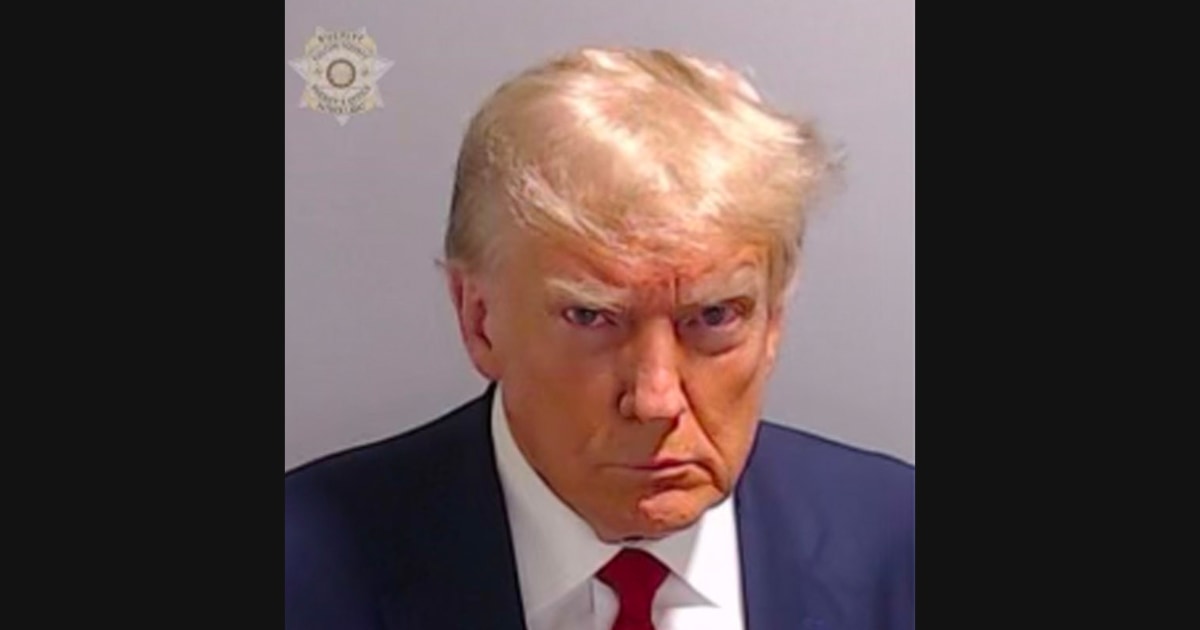Judge Scott McAfee has dismissed some counts in the election interference prosecution against Donald Trump and others in Georgia. But he rejected a challenge to the top racketeering charge, while noting that the state case could still be affected by further litigation in light of the Supreme Court’s decision on presidential immunity.
The RICO — or Racketeer Influenced and Corrupt Organizations — charge “is facially sound and constitutionally sufficient as alleged,” McAfee wrote in an order Thursday. The judge added in a footnote that the Supreme Court’s July 1 ruling in Trump v. United States “will likely affect the allegations of Count One, particularly the overt acts contained within,” referring to the RICO count.
“However, unlike the many other challenges raised by the Defendants, the impact of Presidential immunity has not been fully briefed or argued by the parties, and this order does not reach that issue,” explained McAfee, who added that his order also doesn’t address defense arguments brought under the U.S. Constitution’s supremacy clause or federal officer immunity.
So while the top charge in the initial 41-count racketeering indictment is upheld in this latest order, there’s more litigation to be had before any trial can proceed.
So while the top charge in the initial 41-count racketeering indictment is upheld in this latest order, there’s more litigation to be had before any trial can proceed. And the prospect of any trial is far off — certainly against Trump. There’s no trial date in the case, which has been on hold while defendants appeal McAfee’s decision rejecting their attempt to force the disqualification of Fulton County District Attorney Fani Willis. That matter, which is unrelated to the substance of the case, is pending in the state appeals court and won’t be resolved before November’s election, which is another factor that could throw a wrench into the case, at least as far as it concerns Trump. But even if he loses the election, a Georgia trial against him is not imminent. (Trump has pleaded not guilty.)
In a separate order Thursday, McAfee dismissed three counts, including two faced by Trump. That order concerned whether the indictment was barred under the defense argument that the allegations concerned federal matters that the state can’t prosecute. McAfee decided that the indictment isn’t barred entirely on those grounds but also that the state is pre-empted from prosecuting allegations of perjury and false filings in federal court.
As with his ruling on the RICO charge, McAfee signaled that there could be more litigation to come on these issues, noting that presidential immunity and related doctrines still hadn’t been litigated on that score.
Trump still faces eight counts if the case were to go forward to trial today, but whether it ever goes forward and the degree to which he can further curtail the proceedings are the bigger questions.
The trial judge previously dismissed six other counts in March, which Willis has appealed. As with that prior dismissal, the more important bottom line from the latest dismissal might be that the top charge and the majority of the case remain intact; plus, other issues like the disqualification appeal and immunity could have at least as much of an impact on the case. Trump still faces eight counts if the case were to go forward to trial today, but whether it ever goes forward and the degree to which he can further curtail the proceedings are the bigger questions.
So between the top charge remaining intact and more litigation possibly still to come, the overall significance of this latest action is yet to be determined. First, we’ll see what happens in the appeal over Willis’ disqualification. If the DA and her office are kicked off the case, then the prosecution itself is imperiled, as it’s unclear when another office or prosecutor would be assigned. But even if the defense’s disqualification appeal is eventually rejected, McAfee’s orders note that the presidential immunity issue, among others, remain unresolved.
Subscribe to the Deadline: Legal Newsletter for updates and expert analysis on the top legal stories. The newsletter will return to its regular weekly schedule when the Supreme Court’s next term kicks off in October.


Leave a Reply